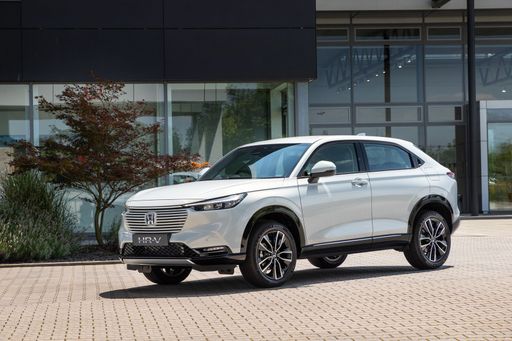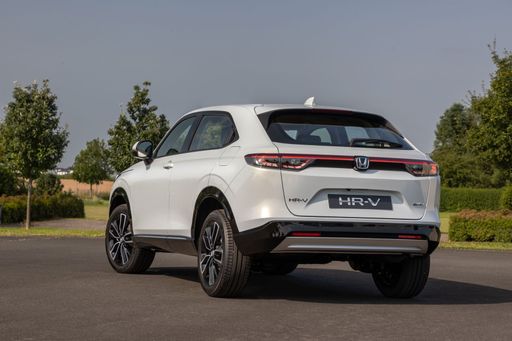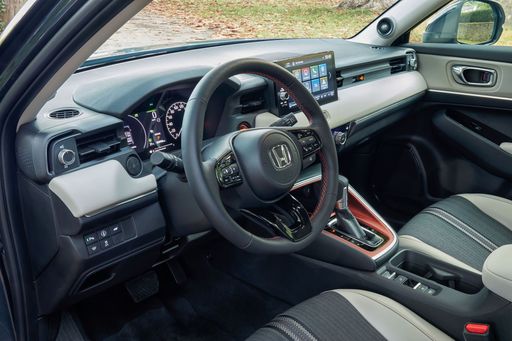Honda HR-V vs Hyundai Kona: A Detailed Comparison
In the competitive landscape of compact SUVs, the Honda HR-V and Hyundai Kona stand out as two enticing options for automobile enthusiasts. Both vehicles offer unique features and performance specifications that cater to diverse driving demands. Let's dive into the technical aspects and innovations of these popular SUVs to help you make an informed decision.
Engine and Performance
The Honda HR-V sports a full hybrid engine combined with a continuously variable transmission (CVT), delivering a solid performance with 130 HP (96 kW). The vehicle achieves 0-100 km/h acceleration in approximately 10.7 seconds, with a maximum speed of 170 km/h. Notably, it boasts a fuel economy of 5.4 L/100km, making it an appealing choice for eco-conscious drivers.
Meanwhile, the Hyundai Kona offers a variety of engine options, ranging from petrol and full hybrid to electric powertrains. The full hybrid version provides a comparable 129 HP (95 kW) and can accelerate from 0-100 km/h in around 10.2 seconds. The Kona excels with multiple transmission choices, including manual, dual-clutch automatic, and reduction gearboxes. With a maximum speed reaching 201 km/h in certain configurations, the Kona caters to speed enthusiasts as well.
Environmental Impact and Efficiency
Honda HR-V has a CO2 efficiency class of D, emitting 122 g/km of CO2, emphasizing its full hybrid technology to balance power and environmental impact. Hyundai Kona offers broader CO2 efficiency classes, from D to a standout A for its electric model, which generates zero emissions. The electric variant of the Kona also provides an impressive range of up to 514 km, meeting the needs of those prioritizing sustainability.
Interior Comfort and Space
Both the HR-V and Kona promise comfort with seating for five passengers. The Honda HR-V provides a trunk capacity of 320 to 335 liters, suitable for everyday cargo needs. Its dimensions (4340 mm length and 1582 mm height) lend a compact profile without compromising on space.
The Hyundai Kona offers a slightly larger trunk space of 466 liters, thanks to its slightly larger frame with a length of up to 4385 mm. This feature makes it ideal for families or travelers requiring additional storage capacity.
Customization and Drive Options
When it comes to drive options, the Honda HR-V is available exclusively with front-wheel drive, ensuring a steady and straightforward driving experience. The Hyundai Kona, however, offers both front-wheel drive and all-wheel drive, providing more flexibility for those who might need enhanced traction and control across varying terrains.
Conclusion
The decision between the Honda HR-V and Hyundai Kona ultimately comes down to personal preference and individual requirements. The HR-V appeals to drivers seeking a reliable, eco-friendly hybrid experience with straightforward drive options. Conversely, the Kona offers a broader spectrum of engine types and drive configurations, including an all-electric version for zero emissions. Whatever your choice, both models epitomize modern automotive innovation, providing unmatched quality in the compact SUV segment.








